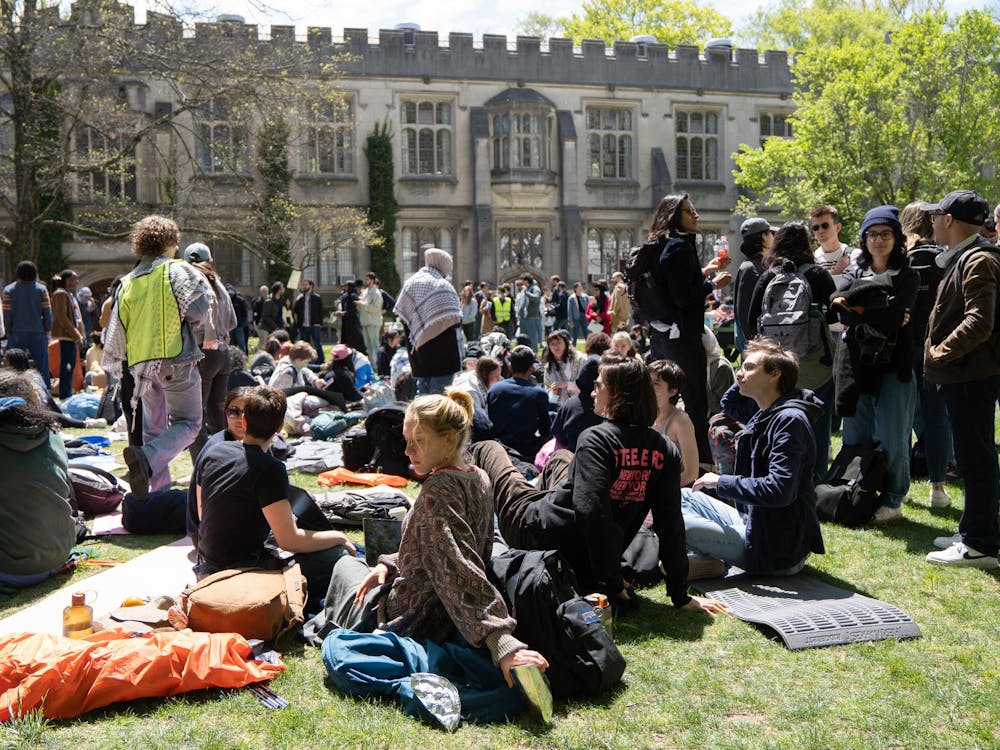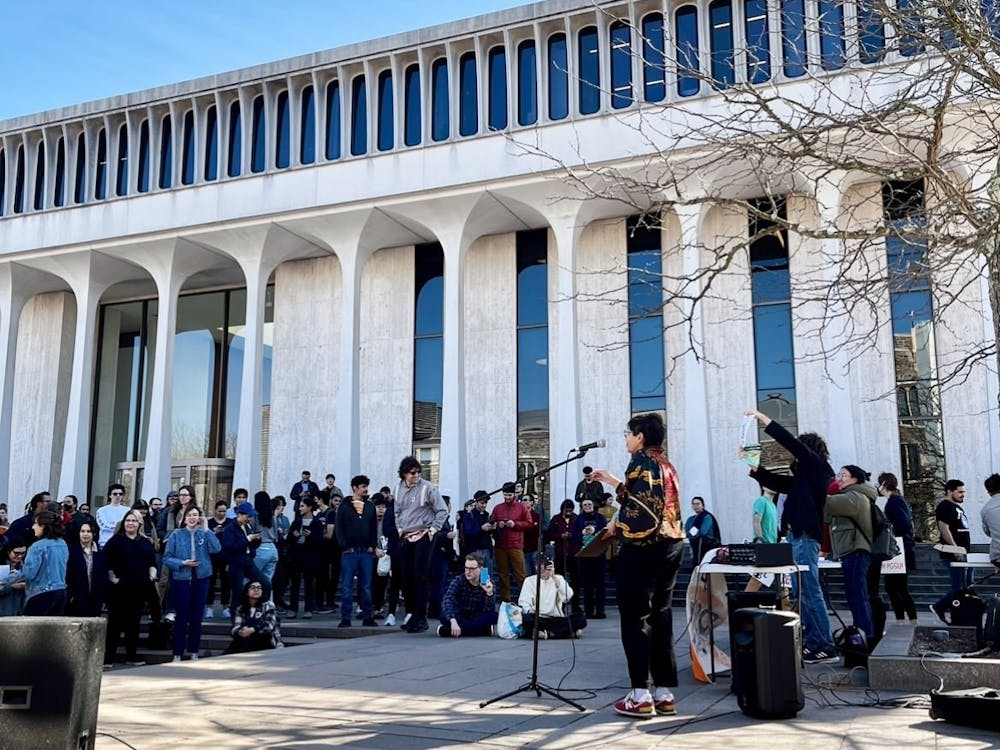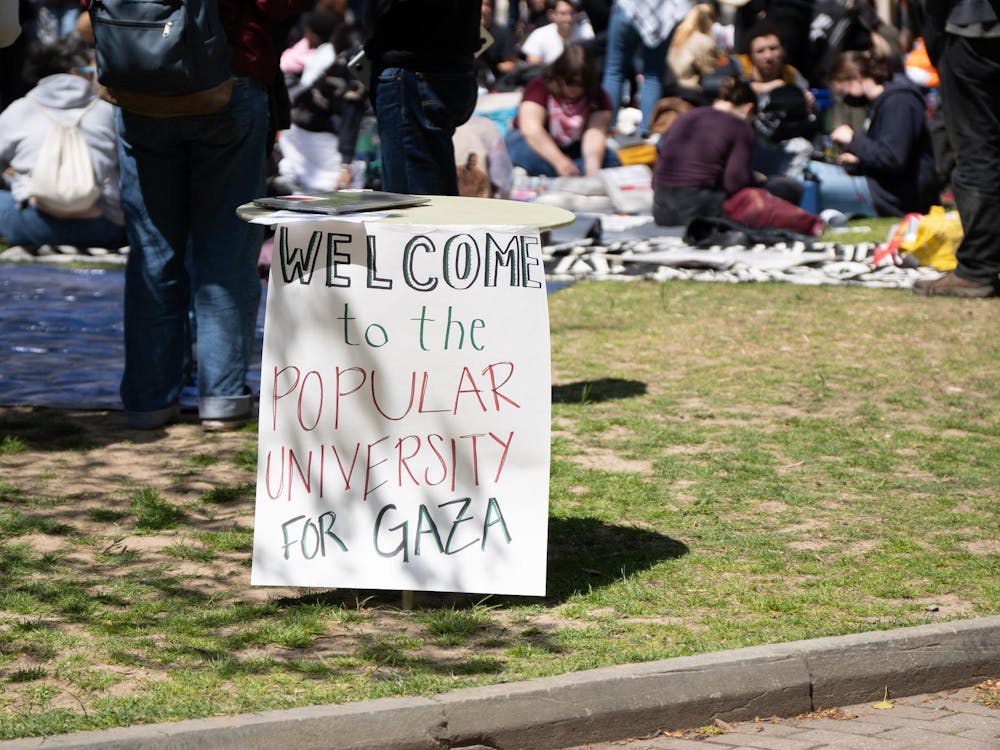I attended a small preparatory high school, the Episcopal School of Jacksonville, known colloquially as Episcopal. For about 890 students, ranging from sixth to 12th grade, the school provides a sense of home, safety, and possibility. It’s the type of school generations of families attend with its manicured courtyards and stately brick buildings.
In early spring of 2012, this sense of safety was shattered. Shane Schumerth, a Spanish teacher who had been fired the previous day, returned to campus with an assault weapon. He entered the administrative building and shot the beloved headmistress of the school, Dale Regan, before being stopped by another faculty member. With this obstacle preventing him from escaping the office, he shot himself.
***
This past weekend, the Florida State Senate indicated support for a bill to arm teachers as a method of protection. Supporters of the bill have argued that the recent Parkland shooting could have been prevented had a teacher been able to intervene, armed with their own gun to stop the student shooter. Although, hypothetically, this is possible, it’s equally as possible that a teacher could use this gun for harm, instead of good, just like at Episcopal. The Florida State Senate’s decision completely disregards past school shootings within its own state and ignores evidence that this method could be dangerous and ineffective.
This Tuesday, March 6, marked the six-year anniversary of the shooting at my high school. Six years is hardly enough time for the incident to be forgotten: Former students and their families posted something in memorial of Dale Regan and many former students of Schumerth’s — including myself — spent the day in counseling. The only people who have been able to forget the shooting seem to be the members of the Florida State Senate, who seeks to arm teachers in the name of protection. This indicates an erasure of the trauma of March 6, 2012 for most of the population of Jacksonville, Fla.
As made clear by Schumerth, teachers are just as susceptible to the social constructs and mental health issues that culminate in extreme. And though he was certainly an exception — every other teacher I interacted with throughout my high school years cared immensely about their students’ well-being — there is no guarantee that a similar incident will not arise in the future.
The sense of protection that the student body felt when arriving on campus every morning, had been destroyed post-shooting. The school took immense precautions to prevent another security breach, including hiring more security guards and limiting older students’ trips off-campus during school hours. However, for those of us who had experienced the panic and fear of huddling in a classroom with the lights off and doors locked, the sense of protection never truly returned. To this day, I suffer panic attacks when people around me are armed, even if it is a part of their job.
Imagine the anxiety that students at Episcopal would feel if we had returned to campus to find that the solution was to distribute guns among other teachers. The amount of firearm training teachers would receive under the new bill does not change the fact that students cannot be expected to feel safe when there are guns in the classroom. The anxiety that students would feel if teachers were armed shouldn’t just be an unfortunate side-effect of policy; it should be prevented.
Some might argue that Episcopal performs extensive background checks on each teacher or faculty member that is hired. But this doesn’t change the fact that a woman died by Schumerth’s hand. If teachers had been armed in 2012, who knows if the Schumerth shooting would’ve happened earlier or been even worse.
Since the Parkland shooting, there has been an uptick in policy discussions. Now, not before, but now, when more people have died, policy-makers are paying attention. But it is critical that an emphasis be placed on using all past school shootings in policy decisions, not just the most recent ones. There is space for student activism that exists now did not exist in 2012, especially in the predominantly Republican, pro-gun Jacksonville that Episcopal’s student body grew up in. I believe that had this sphere to speak out existed in 2012 and had there been institutional support, then most of the student body would have marched and protested for as long as necessary. Thus, the experiences of students before guns were a national issue cannot be forgotten — they’re not inconsequential. To create the most effective solution, the Florida State Senate must look at the problem of school shootings as a trend rather than an isolated incident.
I’ll never forget that day — and just because “only” one person died – Florida State Senate, you shouldn’t either.
Morgan Lucey is a junior studying neuroscience from Scottsdale, Ariz. She can be reached at mslucey@princeton.edu.









